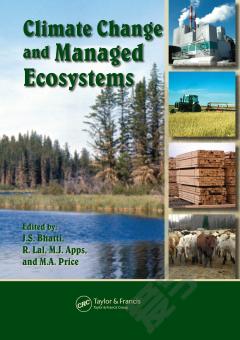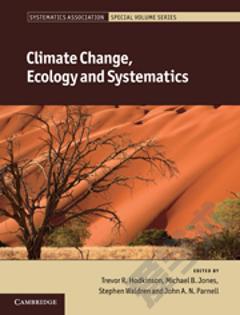Thresholds of Climate Change in Ecosystems
As defined in this book, an ecological threshold is the point at which there is an abrupt change in an ecosystem quality, property, or phenomenon, or where small changes in one or more external conditions produce large and persistent responses in an ecosystem. Ecological thresholds occur when external factors, positive feedbacks, ornonlinear instabilities in a system cause changes to propagate in a domino-like fashion that is potentially irreversible. Once an ecological threshold is crossed, the ecosystem in question is not likely to return to its previous state. Over the past three decades, climate change has become a recognized driver of ecosystem change. Much ecosystems research focuses on enhancing understanding of climate change impacts on ecosystems and in developing the capability to predict the potential impacts of future climate change. The potential for sudden, unanticipated shifts in ecosystem dynamics make resource planning, preparation, and management intensely difficult. These sudden changes to ecosystems and the goods and services they provide are not well understood, but they are extremely important if natural resource managers are to succeed in developing adaptation strategies in a changing world. This book provides an overview of what is known about ecological thresholds and where they are likely to occur. It also identifies those areas where research is most needed to improve knowledge and understand the uncertainties regarding them. The focus of this book is on North American ecosystem threshold changes and what they mean for human society.
{{comment.content}}








 京公网安备 11010802027623号
京公网安备 11010802027623号